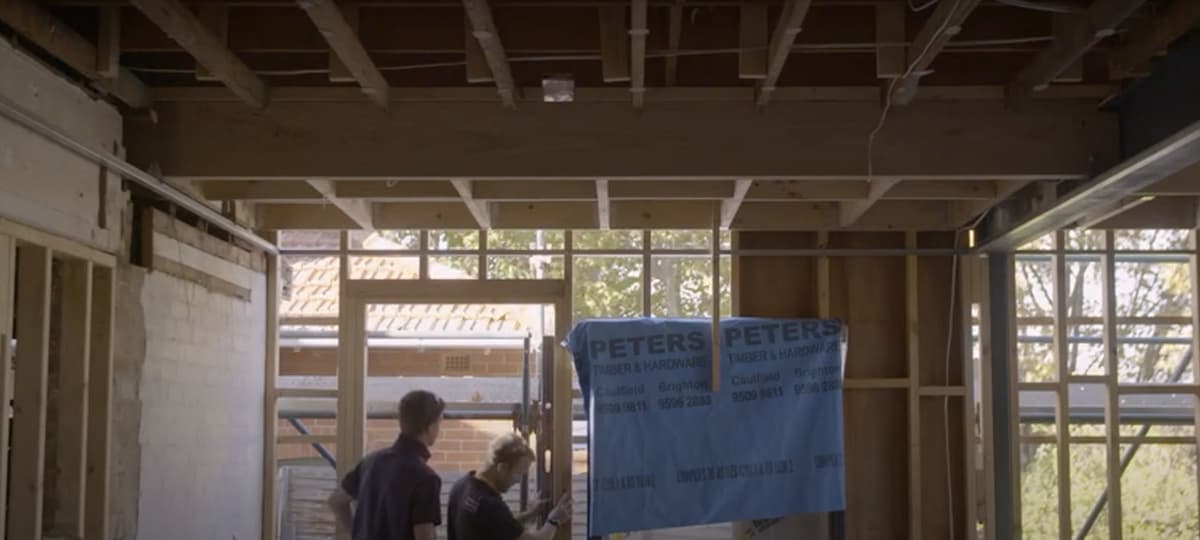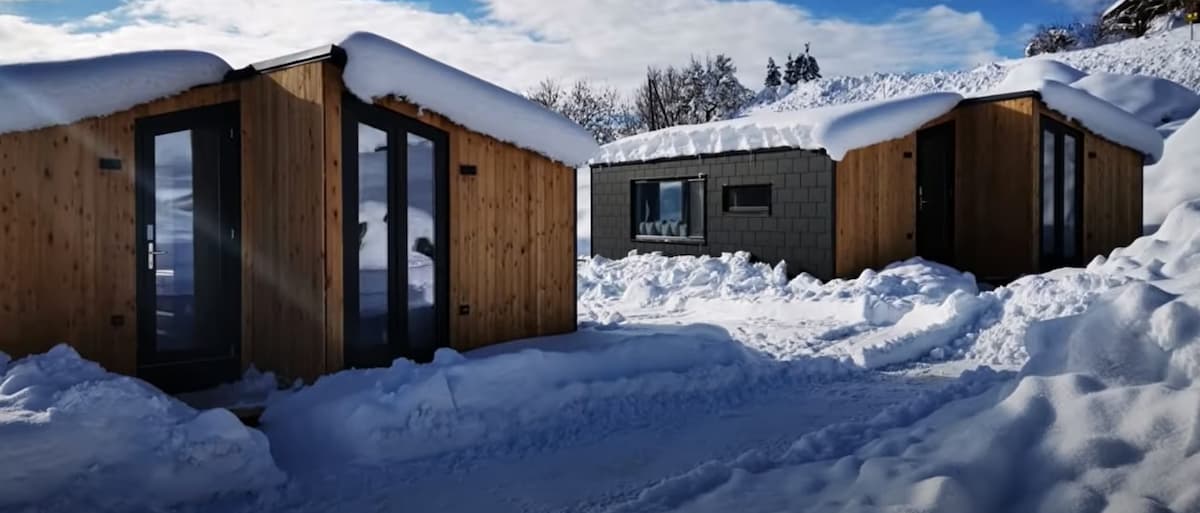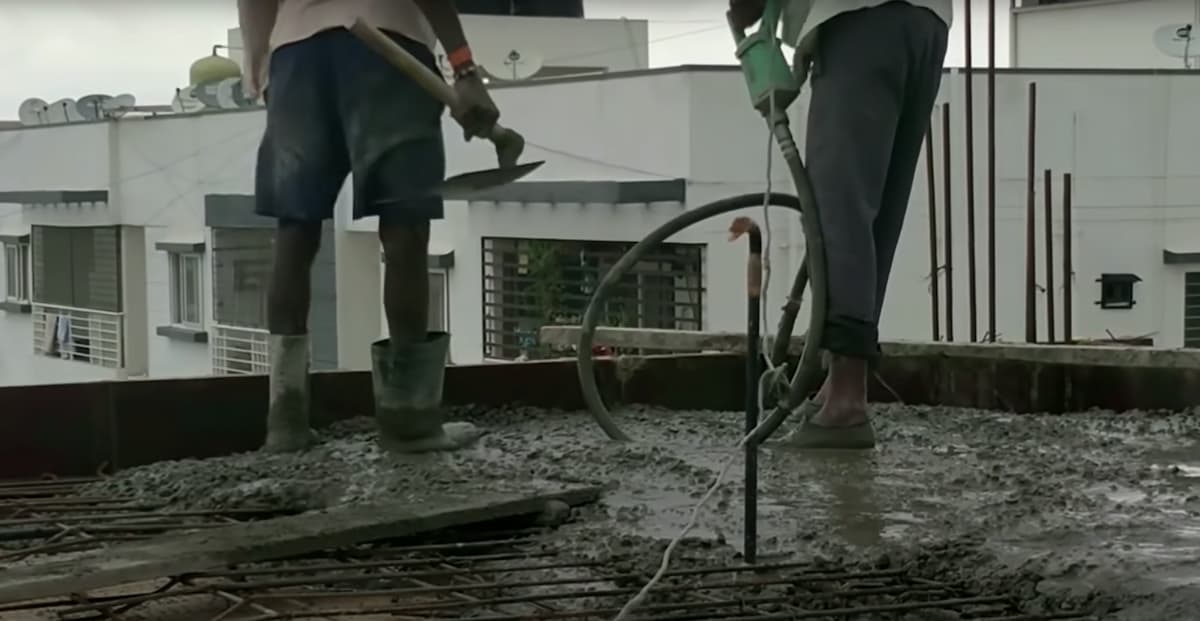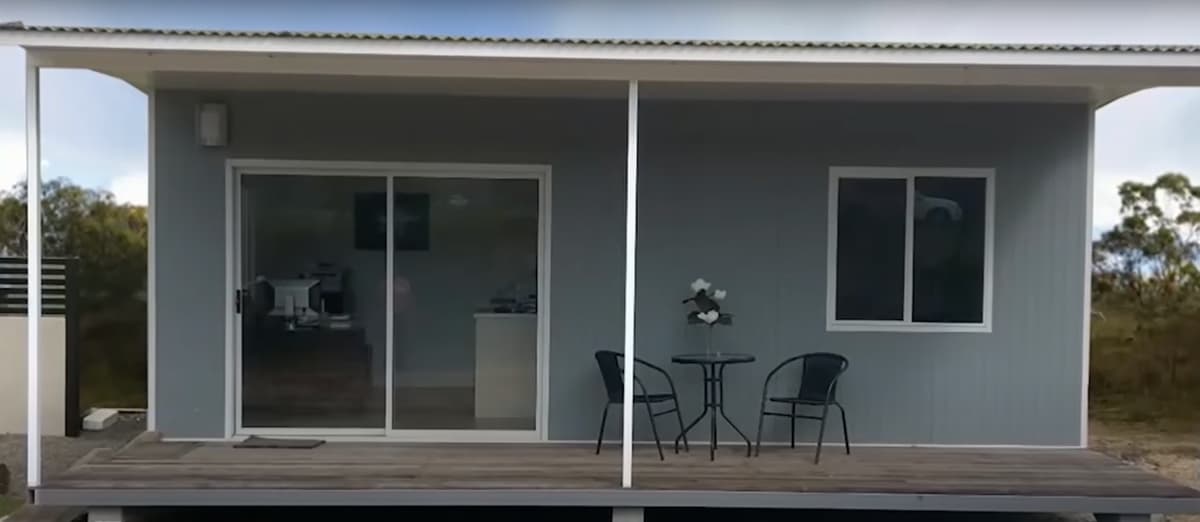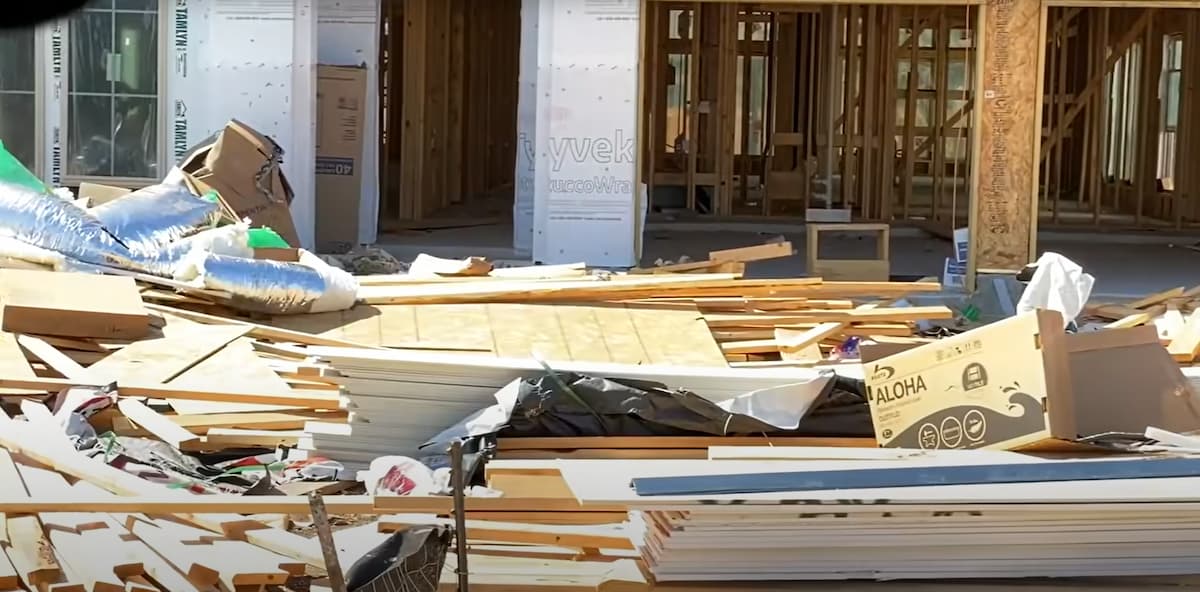
Purchasing a house is frequently a thrill for many people. Discovering six months later that the property needs major repairs for problems you weren’t aware of? That’s quite likely something you won’t be as ecstatic about.
Before you buy or sell a house, it’s a good idea to find out whether there are any underlying flaws, safety concerns, or other problems that could develop and cause the deal to fall through. A licensed inspector’s examination of the structure may help you discover these issues so you can make an informed decision about how to proceed.
If you’re considering the cost of a building inspection against the potential benefits it might provide, we’ve made a few important points below. The cost of a building and pest inspection is determined by the size and sort of property to be examined. The building and pest inspection pricing provided on our website are only estimates, to be used as guidelines in determining your needs.
What is a Building Inspection?
There are two separate types of building inspections, “commercial” and “residential.” The commercial type is typically used for large buildings like warehouses, or homes that have businesses operating within them. Apartments come under the residential category. Both these inspections check for major structural flaws, safety risks (like electrical hazards), problems with plumbing and ventilation systems, overheating, pests like termites and rodents, chemical contaminants (such as asbestos), sub-standard workmanship or illegal structures.
A complete building inspection takes several hours, it usually involves both an internal examination by someone on your team (an inspector) and an external visual assessment by a council officer called a “key worker.” Together they may identify all potential issues with any part of the property.
Before a contract is signed, a buyer can perform a thorough check of the property before committing. It may also be an enforceable term of the agreement, meaning that you have after signing to arrange for a building inspection and drop out of the contract if anything significant is found. Conducting a building inspection prior to selling may highlight any issues with your home that need fixing before it goes on the market from the standpoint of the seller.
Building Inspection Price
The price of a building inspection may differ based on the building’s size, position, and kind of inspection required. A building inspection cost for a small property, for example, may cost anywhere from $200 to $300. In regional areas, inspections are typically less expensive than those in metropolitan areas. For example, an average-sized home in a rural area might cost between $400 and $500 for an inspection, whereas an examination in a large city can set you back as much as $800 to $1000.
The cost of a building inspection is often provided and can vary depending on a number of variables, including.
Building Inspection Type
An inspection may most likely take longer than anticipated and may require technical expertise. For example, expert inspections for mould or pests are likely to be more expensive and inspectors would be unlikely to deal with subjects outside of their area of competence. This implies that a plumbing, electrical, or gas inspection might need the services of a certified plumber or electrician in addition to a skilled building inspector.
Building Inspection Property Type
Whether or not you live in a termite-free area, there are still numerous safety concerns. You could also factor in the cost of any required repairs. This can influence the sort of inspection that’s needed and how long it may take. An apartment above the first floor does not need to be inspected for termites or other pest-related damage since there is generally less risk of termite or other pest-related damage than in apartments located on the ground level. If you’re unsure which inspections you could request, talk to a solicitor, conveyancer, or inspector.
Size and Location of Your Building Inspection
The cost of your home inspection may generally be determined by the size of the property being examined. A one-bedroom apartment, for example, may usually take less time to examine than a five-bedroom house. The fee of your examination may differ based on where you live in the state, as well as the amount of demand for these services in your region.
Building Inspection Packages
If you do not have previous experience with a particular building, it’s a good idea to get some recommendations from your local government officials. Building inspectors often provide packages that include a variety of services. For example, purchasing a package that includes pest examination may be more budget-friendly than doing two separate building inspections and pest inspections. The average building inspection cost of a pest and building inspection packages was $578, whereas a single pest inspection costs around $100 to $150 on its own.
What do Building Inspectors Cover in a Building Inspection?
The following are some of the components that a building inspection report may generally contain:
- Drains, sewers, and sewage systems are examples of plumbing. Taps, toilets, and gutters are all plumbing components.
- Inspection of the walls, ceilings, and windows for sagging or damp stains
- The house was searched thoroughly.
- The framework is rusted, as shown by the visible framework damage.
- Whether you made any modifications to your property and whether they satisfy Australian building regulations
- Damp-proof membranes are used in the walls and ceilings. Roofs, roofspace, and gutters
- Retaining Walls and Fences Driveways, Fences, and Non-Structural Retaining Walls Exterior Features such as but not limited to Asphalt driveways are a must.
Buyers or sellers might also request further specialised inspections, such as for swimming pools or pest and vermin damage, during a standard building inspection. If the initial inspection reveals indications of more significant concerns, such as sinking and structural or foundation damage, additional checks can be done.

When to Hire Building Inspectors?
Inspections can be useful in a variety of circumstances. They might come in handy for the following reasons, depending on your situation:
Building Inspection When Buying a Home
When you’re buying a house, having an examination of the home before you sign the contract or complete the purchase may assist you in determining whether it is safe. It might also reveal issues regarding the property’s present and future condition that you may not have discovered on your own inspection, allowing you to avoid any unpleasant surprises down the road.
For example, after two Sydney homes were evacuated due to structural cracking, Deakin University and Griffith University conducted research that revealed that more than 70% of the structures examined on Australia’s east coast had at least one issue. There’s a lot of jargon in real estate, but when it comes down to it, the most important thing is understanding what you’re buying. If you’re thinking about making an offer on a property, bear in mind that once you buy a home, the contract has been settled and all of the cooling-off periods have passed. As a result, knowing more about the property before purchasing may be beneficial.
Being aware of the property’s shortcomings ahead of time may also help you gain leverage when making an offer or haggling over the price. You might be able to negotiate with the seller to repair some of the identified flaws before closing, particularly if there are significant safety concerns revealed.
Building Inspection When Selling a Home
After you’ve decided to sell your house, it may be a good idea to get a building inspection to identify any current or potential issues so that you aren’t caught off-guard. Identifying any problems might let you make necessary repairs in advance, allowing you to receive a sale price that you’re satisfied with.
Another advantage of doing an inspection is that it may speed up the sales process. When there are major problems with the property, prospective buyers may hesitate in making an offer and take their time in gathering information. A good inspection report may reveal potential issues, allowing buyers to make a quick decision and close on the property before it falls further into disrepair.
A building inspection in your present house, even if you are not selling it, might be beneficial. An inspection can help you detect hazards and problems so that you can keep track of maintenance and repairs, or plan for any improvements that you want to make.
When to Get a Pest Inspection?
In addition to building inspections, you may also want to consider requesting a pest inspection from professionals. A building and pest inspection by a qualified inspector could provide a comprehensive opinion on the condition of your property and help you decide whether a pest or building inspection is a better option for you.
Pest inspectors check for all sorts of problems that could indicate a greater infestation, such as cracks in floorboards and walls indicating termite activity or droppings, marks on the ceiling where rodents have been gnawing on wiring and woodwork, and foul smells around corners or joins. A pest inspection might be particularly helpful if you’re selling the house, as the presence of pests could drive away potential buyers.
A pest inspection might also be a wise move if you have an old house. Generally, the older a house is, the more likely it is to have been exposed to pests and other damage. In these situations, a thorough inspection can help identify any problems before they become serious or costly to repair.
Pest Inspection vs Building Inspectors
Building inspectors are trained professionals who carefully examine buildings and structures for flaws that may have developed through time or could cause issues in the future. Although prices vary depending on the type of property being inspected, going over reports and findings with a building inspector may provide a sense of security that major structural work has been done properly, allowing you to buy or sell your home without worry.
In light of how expensive buying and selling homes tend to be, hiring professional inspectors enables you to trust that your investment may be safe from issues that could arise from poor construction or excavation. When it comes down to it, a building inspection is worth the money if you need peace of mind or want to move forward with buying or selling a house.
Pest inspections are best done by a professional, as there is a risk of further damaging the property while trying to identify an infestation. A pest inspection can be a good idea if you’re buying from someone who’s selling an old house, or if you have limited knowledge about pests or want to keep your search for problems limited.
Pre-Purchase Building Inspection
In these situations, hiring a professional pest inspector might help you negotiate with sellers and get the price down when things such as termites come up in conversation. In these situations, it may also help even out the bargaining field if both buyers and sellers have hired professionals to inspect the property.
Generally speaking, building inspectors tend to be more affordable than pest inspectors due to their comparatively limited skillset in comparison with exterminators and other pest control specialists. This isn’t to say that pest inspections are always expensive, as the price might vary depending on the infestation or level of damage present.
Pre-Purchase Building Inspection Cost
In Brisbane, a pre-purchase building inspection cost is around $400 and $1600. In NSW and Victoria, the pre-purchase building inspection cost may range from $3000 to $4000. A pest inspection cost tends to range between $150 and $550, depending on the level of damage.
Pest inspections cost less than building inspections because they only look for signs of infestation or damage rather than structural problems. For this reason, it can be easier for pest inspectors to identify which parts of the house may need repair or further inspection. A building inspection cost tends to cover a more extensive range of problems, leading to a higher price.
A pre-purchase inspection covers the majority of the building, whereas pest inspections generally only look for signs of activity or infestation. A detailed report may usually be provided with a pest inspection, however. many building inspectors provide a very detailed report, especially during specialist inspections.


